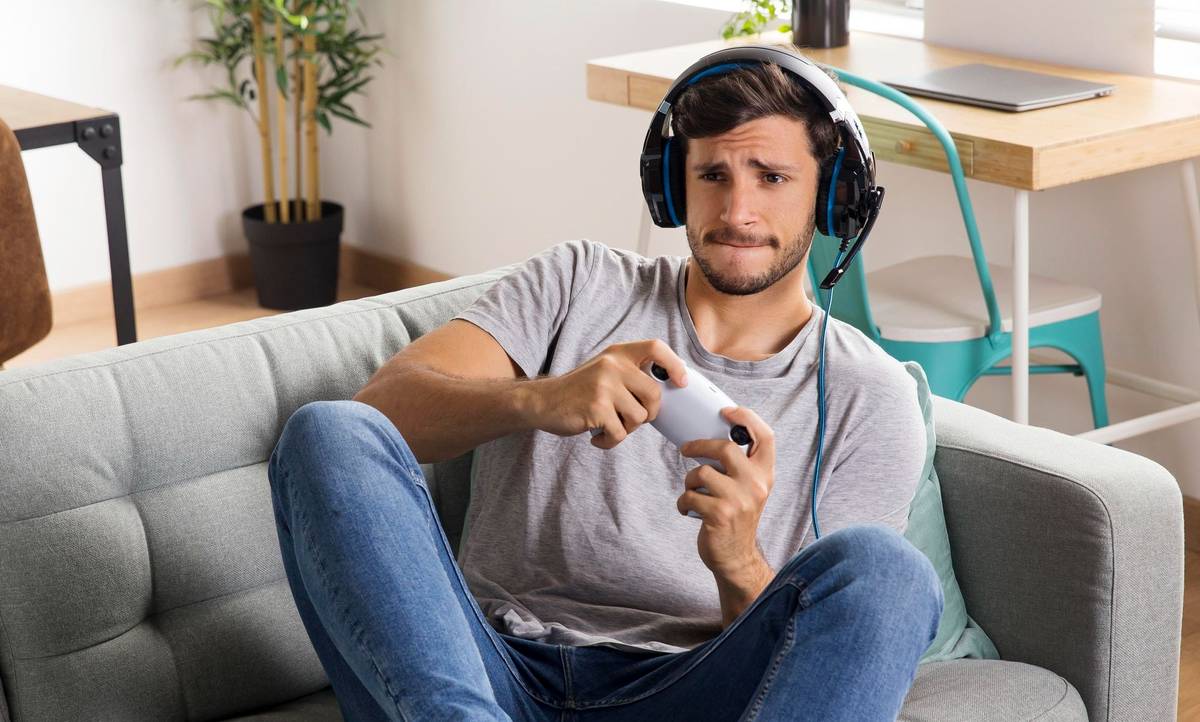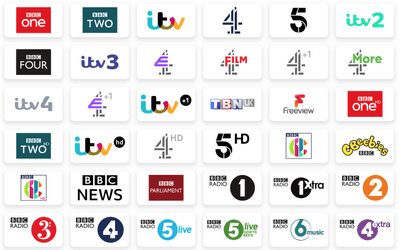What broadband speed do I need for gaming?
Gaming is one of the most bandwidth-hungry activity you can pick from. So the higher the Megabits per second your internet is, the better your game playing experience will be. But that doesn’t mean you necessarily need to snap up the fastest, most expensive plan to get the best broadband for gaming.
As long as you avoid an ADSL package – this will be anything under 25Mbps – and go for a fibre connection with a minimum speed of 30Mbps, your general gaming needs should be met. However, the best gaming experiences will always be from full fibre connections. This gives you the fastest broadband speeds possible, taking you from anything from 100Mbps to over 1,000Mbps. These speeds guarantee lag-free 4K gaming, will support multiple connected devices and enable smooth multi-player experiences every time.
Not every household can access this technology yet. Currently only about 60% of the UK is able to get full fibre connections. For those still not hooked up, you should be able to at least access superfast speeds of 30-70Mps which should be enough to keep most gamers happy.
Find out what Wi-Fi is available with our postcode checker.
Enter your postcode to see packages available in your area:
What is more important for gaming – download or upload speeds?
Firstly, what’s the difference?
The main difference is the direction in which the data is travelling.
Upload speed for gaming
Upload speed is how fast data moves from your gaming device to the internet server in megabits per second. Most providers don’t advertise it as prominently as they do download speeds – your advertised speed will be your download speed – and the upload speed tends to be much lower than your download speed.
In online gaming, upload speed is most important for live-streaming and multiplayer activities. It influences how quickly your in-game actions and messages are communicated to the game server and other players.
If you’re streaming your gameplay on a platform like Twitch or YouTube, a higher upload speed is needed to broadcast high-quality videos. We recommend having a minimum upload speed of 10Mbps for livestreaming.
Download speeds for gaming
Download speed refers to how many megabits of data per second it takes to download data from the server to your device. So even though online games don’t require much download speed to actually play - you’ll just need a 5Mbps connection for even the latest console - when it comes to avoiding lagging (we’ll talk more about this shortly), updates or downloading new games, this is when you’ll really benefit from having faster speeds.
How long does it take to download games?
Long gone are the days of browsing for hours in your local computer shop. Online game stores such as PlayStation Network and Xbox Live are now the standard way to get the latest release. Select what you want to play, pay and then download. Some of these games are massive and on slower broadband will take hours, even days, to completely download. Even if you were to physically buy the disc, you’d still need to some level of downloading and game updates will always eventually be needed.
Faster download speeds can make all the difference here. Call of Duty can take anywhere from 14hrs and 19mins to 23 minute, depending on the broadband speed you have.
The table below gives you some idea on speeds

Gaming broadband with ‘unlimited data’
Whilst standard gaming doesn’t use a huge dent in data – most modern titles use somewhere between 40Mb to 300Mb per hour - it can all add up over the course of a month. And downloading games is just about the most data-intensive task you can do online. Some new titles are now pushing past 50GB. Thankfully most broadband deals these days offer unlimited broadband.
However ‘unlimited data’ isn’t always as straightforward as it seems. Some plans come with a Fair Usage Policy (FUP). These are designed to stop heavy users, especially gamers, from dominating limitless bandwidth and if your household usage exceeds the threshold, your internet speed may be reduced or your connection deprioritised during peak hours. This is also known as data throttling.
To avoid falling foul of any restrictions if you know you’ll be a heavy internet user through gaming, have a look at plans specifically designed for heavy data and check whether there are any data caps in your small print before signing up.
Game lagging
You’re in the middle of an intense game of FIFA and there’s a crucial moment to score, you’re furiously pressing X but the game momentarily freezes and your shot happens too late leaving you woefully defeated. You’ve fallen foul to the dreaded lag.
Lagging, the delay between the button you press and the on-screen response, is caused by high latency. Latency is a term referring to the length of time it takes the internet data to travel between where it started from and where it’s heading. So, the lower the latency, the quicker your data is travelling and the less lag you’ll experience. Low latency is important to make gaming smooth and you should ideally have a latency of less than 50ms. This means that it takes less than 50 milliseconds for the data to complete its journey.
How to reduce lag?
Maybe you need to think about upping your bandwidth. What is your current speed? We’ve already discussed about how you can game with a minimum of 25Mbps, but if there are other people in the household using internet devices this might be slowing everything down and pushing the need for upping your plan.
There are other things you can do to help avoid lagging:
- If you’re playing on a computer, close any other windows or applications that might be using the internet. Especially if you’re running a video or music streaming service in the background.
- Move closer to your router if you can.
- For the ultimate in responsiveness and stability, connect your gaming device to your router via an ethernet cable.





